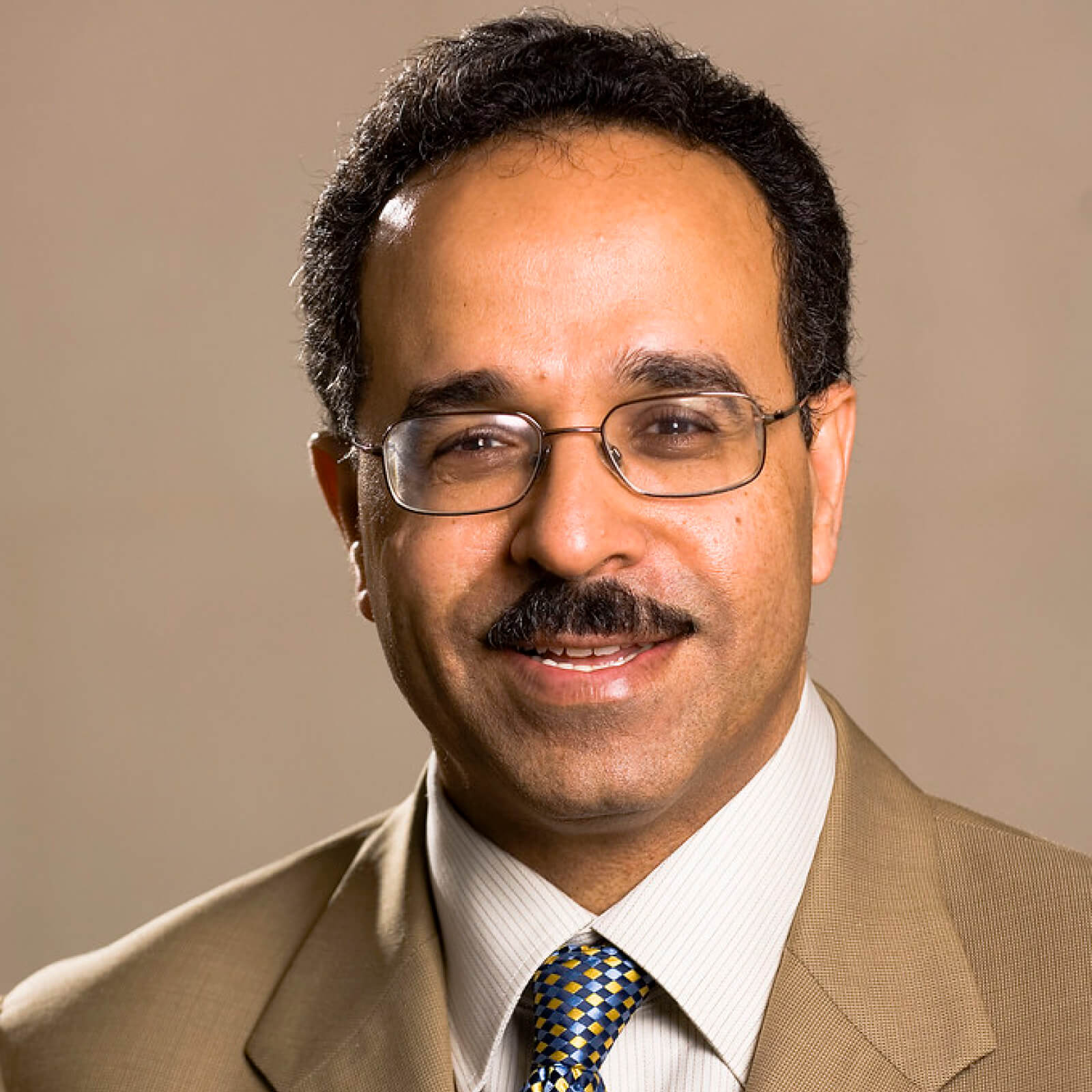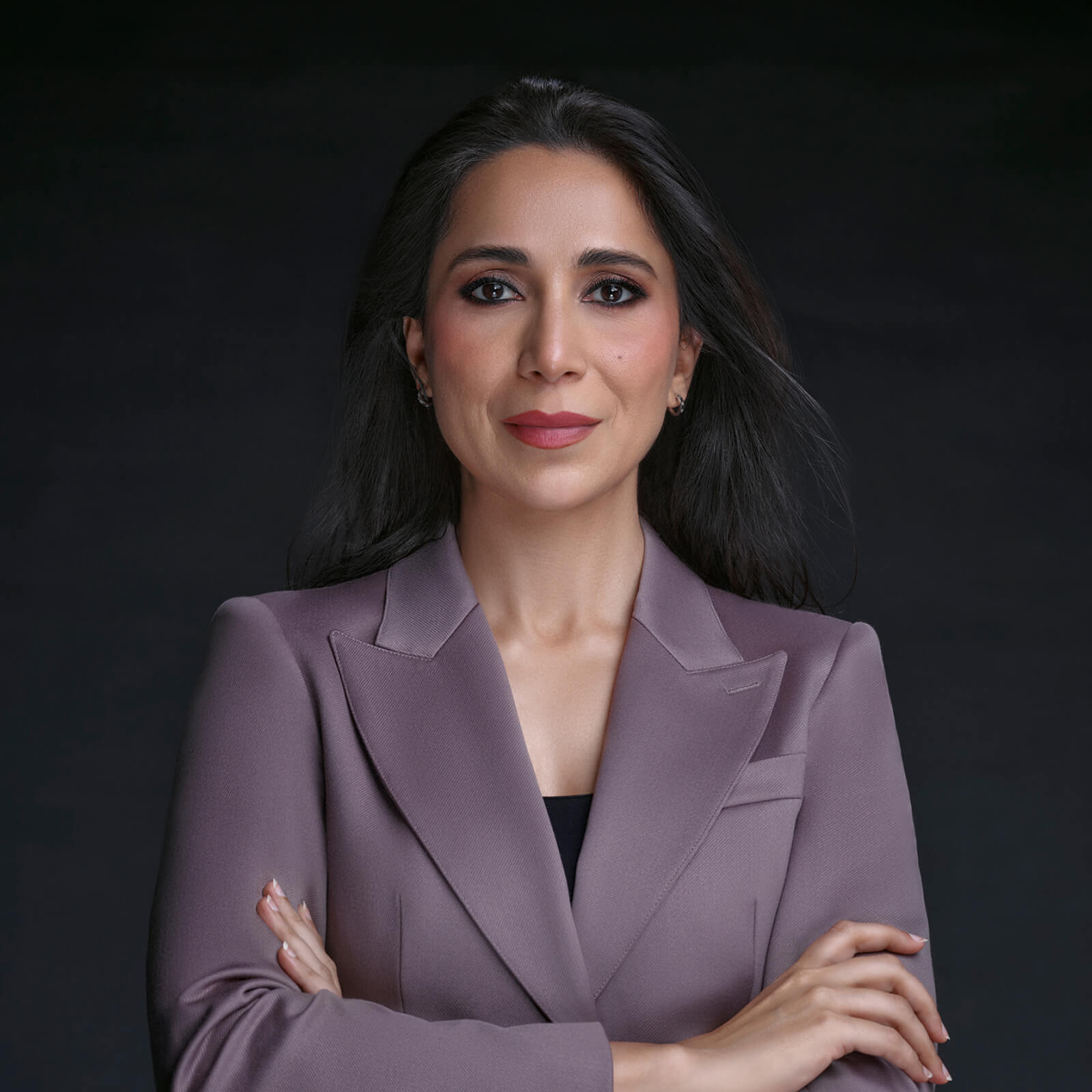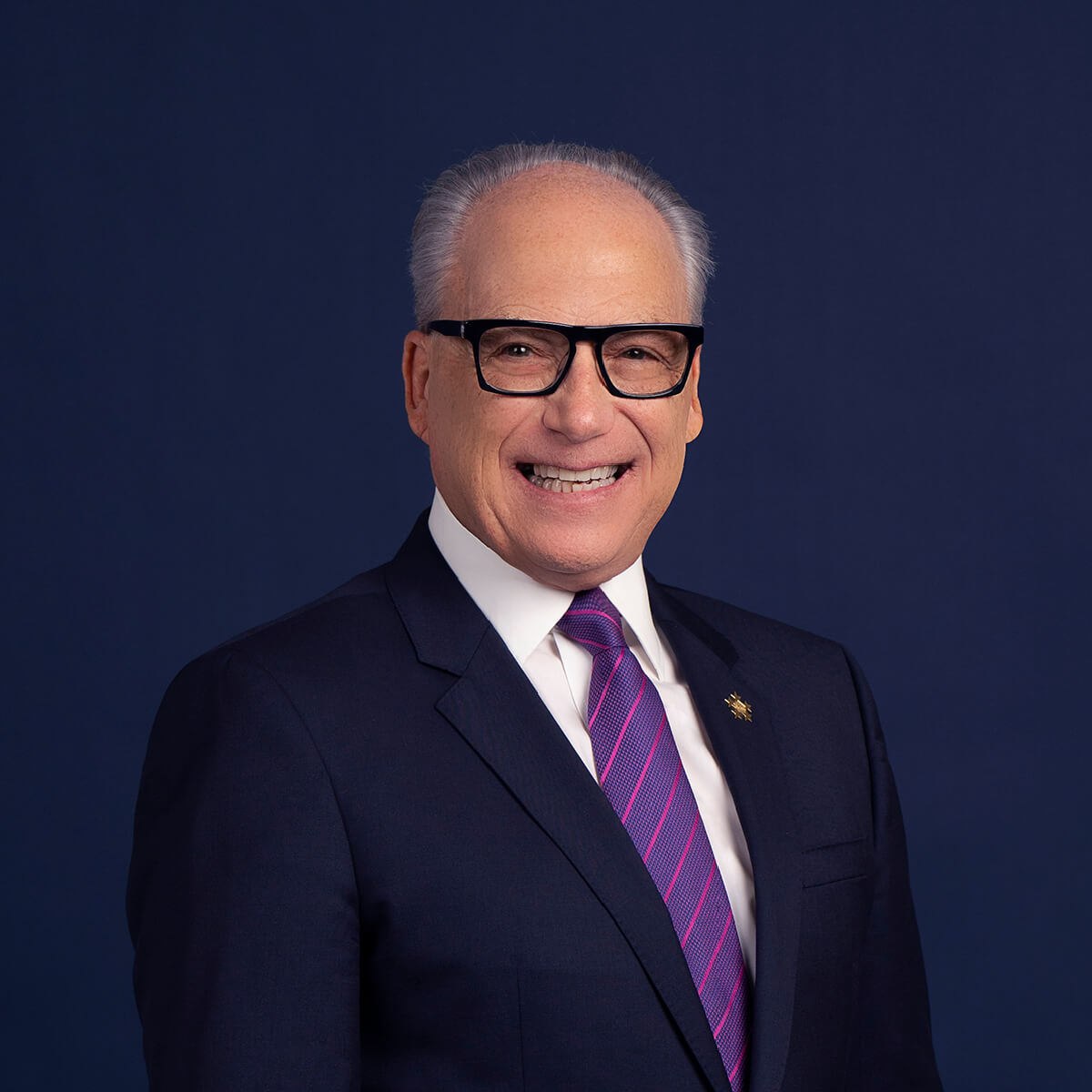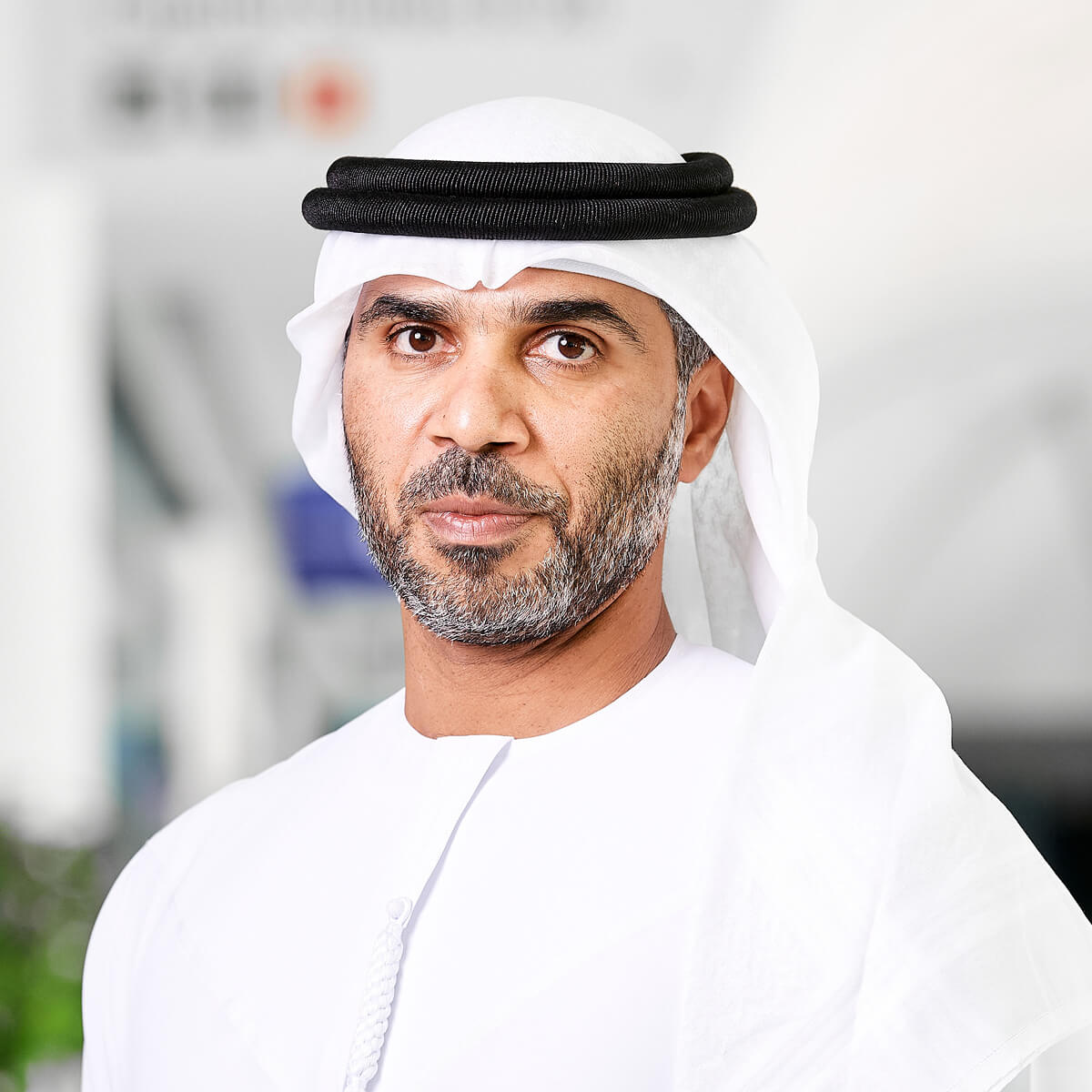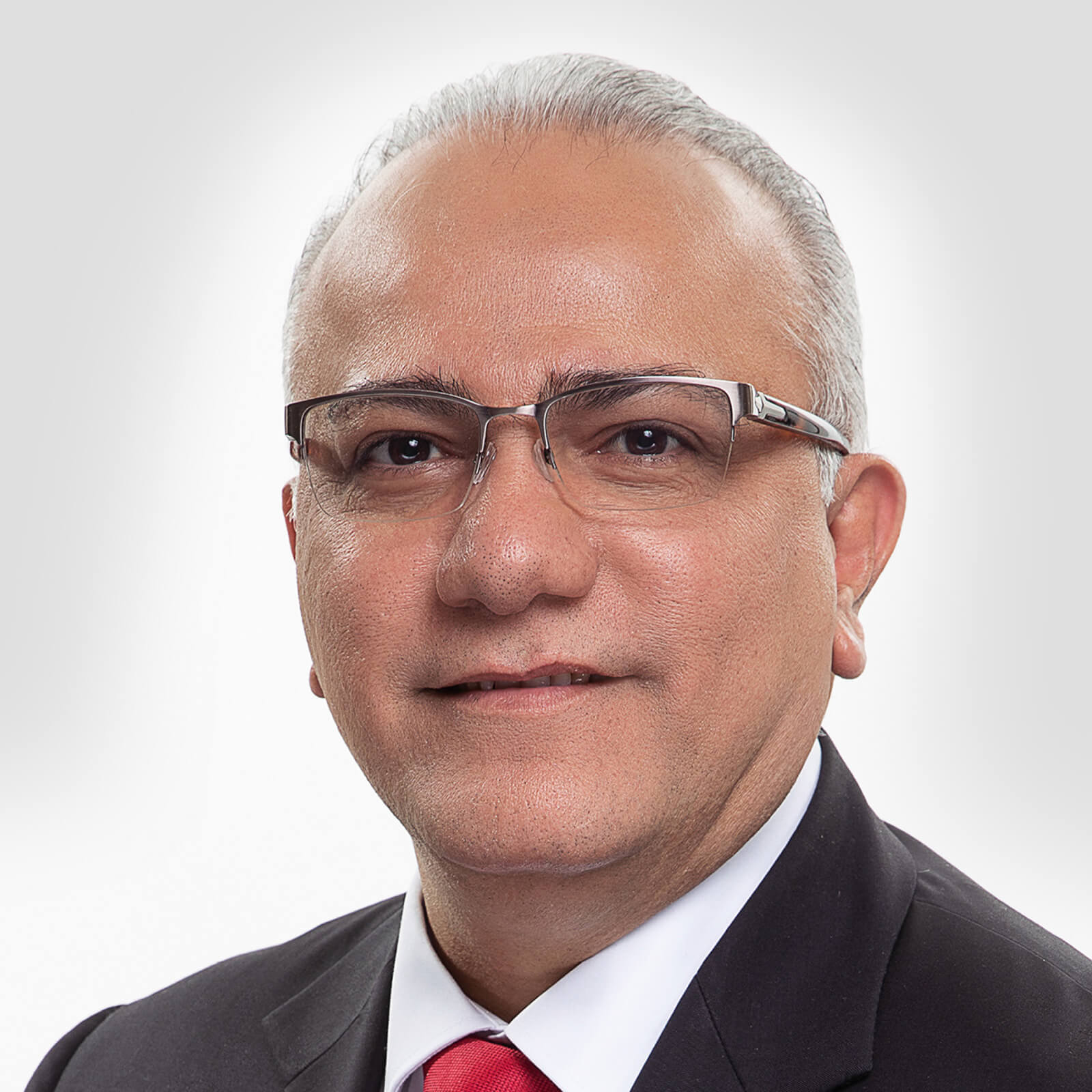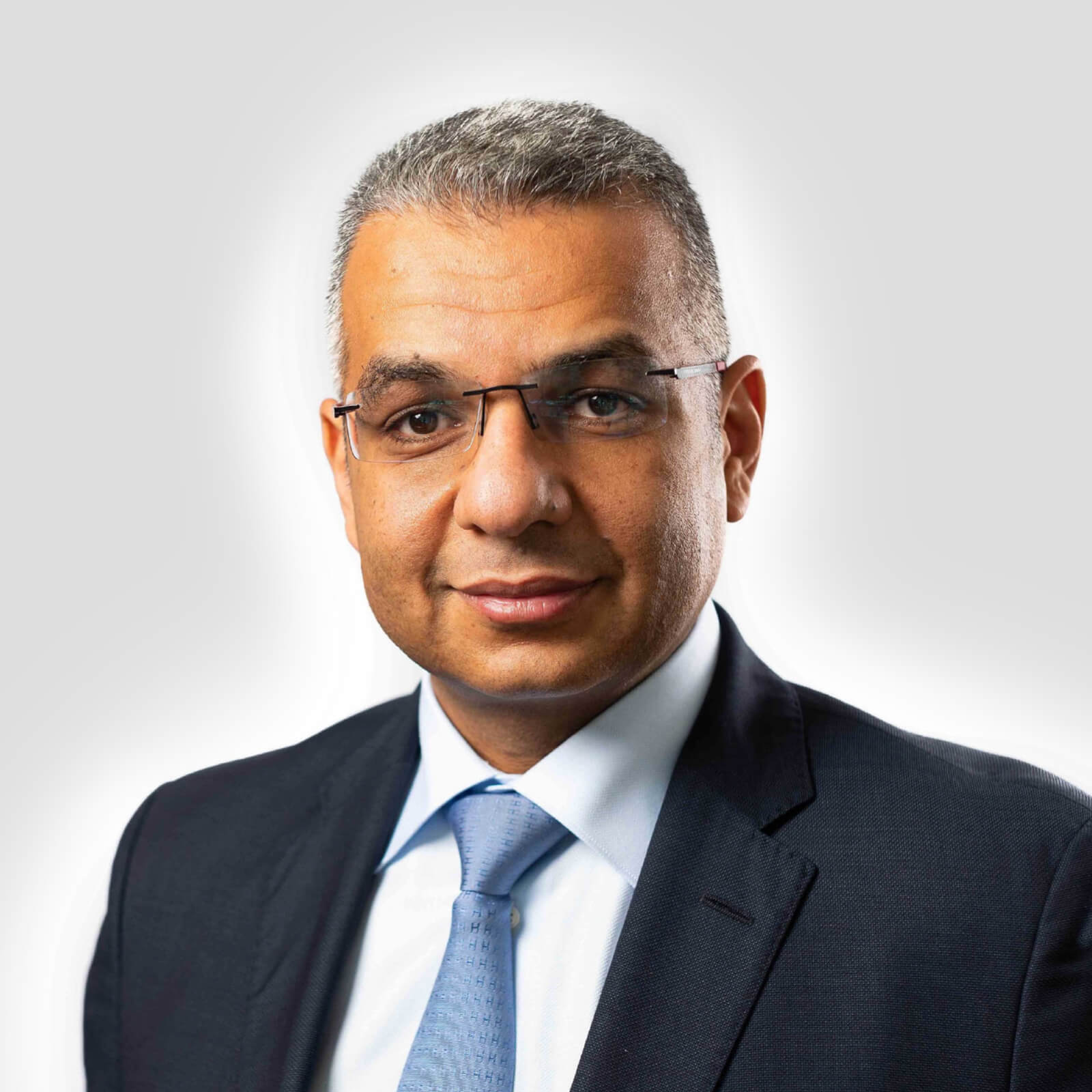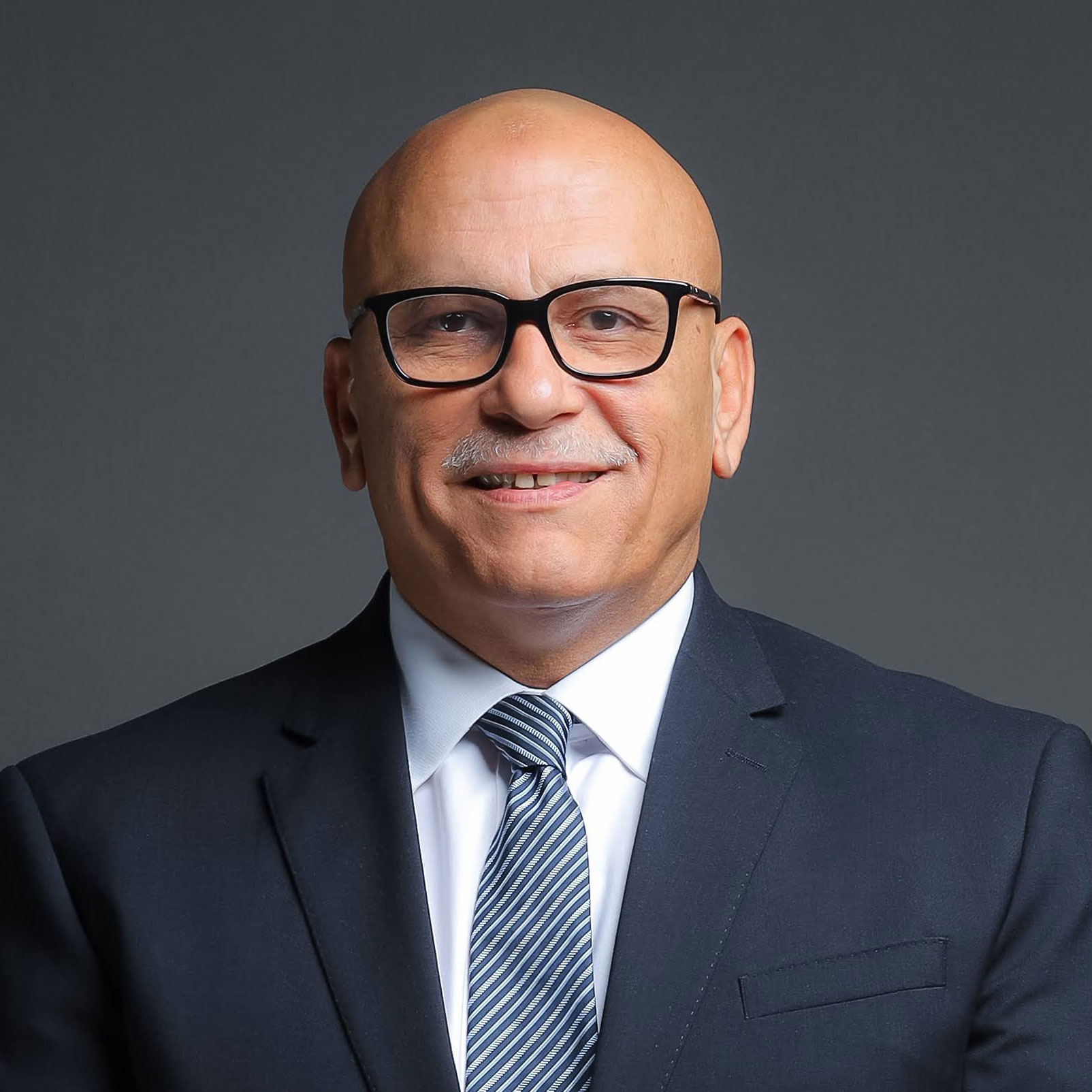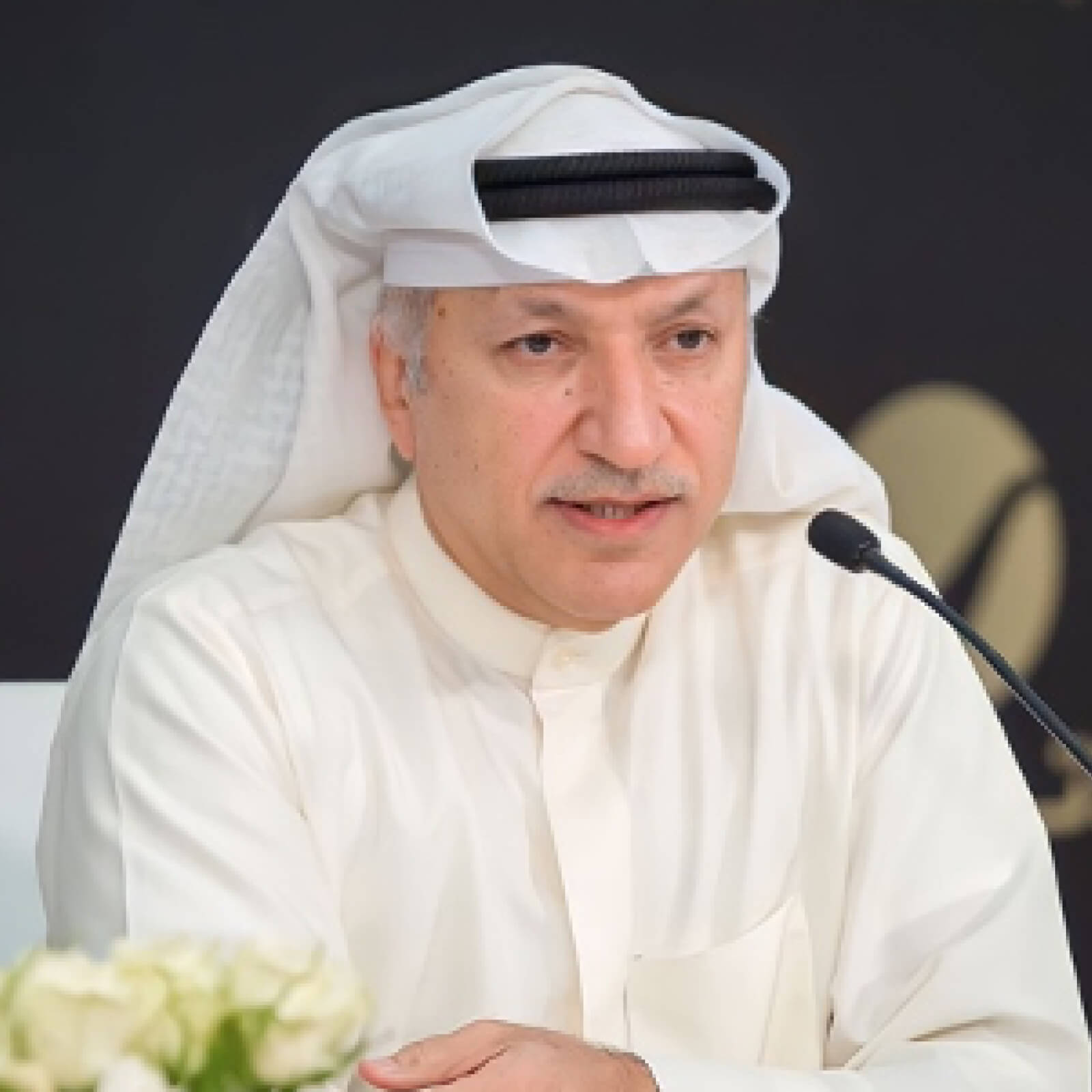THE MIDDLE EAST’S
Top CEOs 2024


Our fourth annual list of the top 100 CEOs in the Middle East features many leaders whose influence extends far beyond normal business parameters. In this region, the government is often one of the biggest shareholders in the largest organizations, so while the business heads are committed to creating value for shareholders and other financial metrics, they also align with national interests and goals.
Many of the CEOs on our list also hold influential roles in government institutions. Out of the top 10 leaders, nine are from companies where the majority stake is owned directly or indirectly by the government. Some of those companies, including Aramco, ADNOC, and Qatar Energy, are among the biggest sources of revenue for their respective countries. Two entries in the top 10 are also government ministers and another two are members of royal families.
Our list of MENA’s most prominent CEOs in 2024 recognizes their achievements and the success of the companies they lead. It includes leaders from diverse sectors, including oil and gas, banking, telecommunications, and real estate. Many of these CEOs have steered their companies through challenging times, leveraging technology and sustainability to enhance efficiency and competitiveness. They have also played a key role in diversifying the region’s economies and positioning MENA as a global business hub. This year’s list features the CEO of the world’s largest oil company, the CEO of the world’s largest LNG producer, and the CEO of the largest international airline among others.
The top 100 CEOs include leaders from 19 nationalities. Emiratis dominate with 27 entries, followed by Egyptians with 21 and Saudis with 14. This is a positive sign for localization, with most large companies now headed by local executives. The banking sector has the most entries, with 19, followed by real estate with 10, reflecting the boom in the sector over the last two years.
Top CEOs 2024
Methodology
To create this ranking, we sent out questionnaires and collected information from stock market disclosures, industry reports, annual reports, financial statements, and other primary sources. Only CEOs of companies headquartered in MENA were considered.
We ranked the CEOs based on:
• The impact that they have had on the region, their country, and the markets that they serve.
• The CEO’s overall experience and time in their current role.
• The size of the company in terms of revenues, assets, and market cap.
• The achievements and performance of the CEO in the last year.
• The innovations and initiatives that the CEO has implemented.
Methodology
To create this ranking, we sent out questionnaires and collected information from stock market disclosures, industry reports, annual reports, financial statements, and other primary sources. Only CEOs of companies headquartered in MENA were considered.
We ranked the CEOs based on:
• The impact that they have had on the region, their country, and the markets that they serve.
• The CEO’s overall experience and time in their current role.
• The size of the company in terms of revenues, assets, and market cap.
• The achievements and performance of the CEO in the last year.
• The innovations and initiatives that the CEO has implemented.












